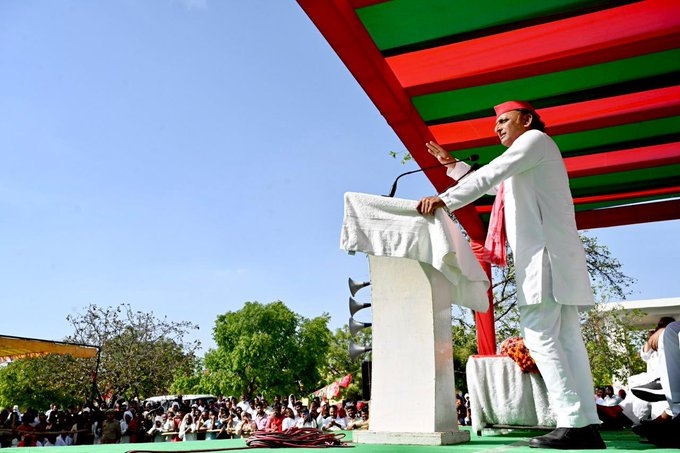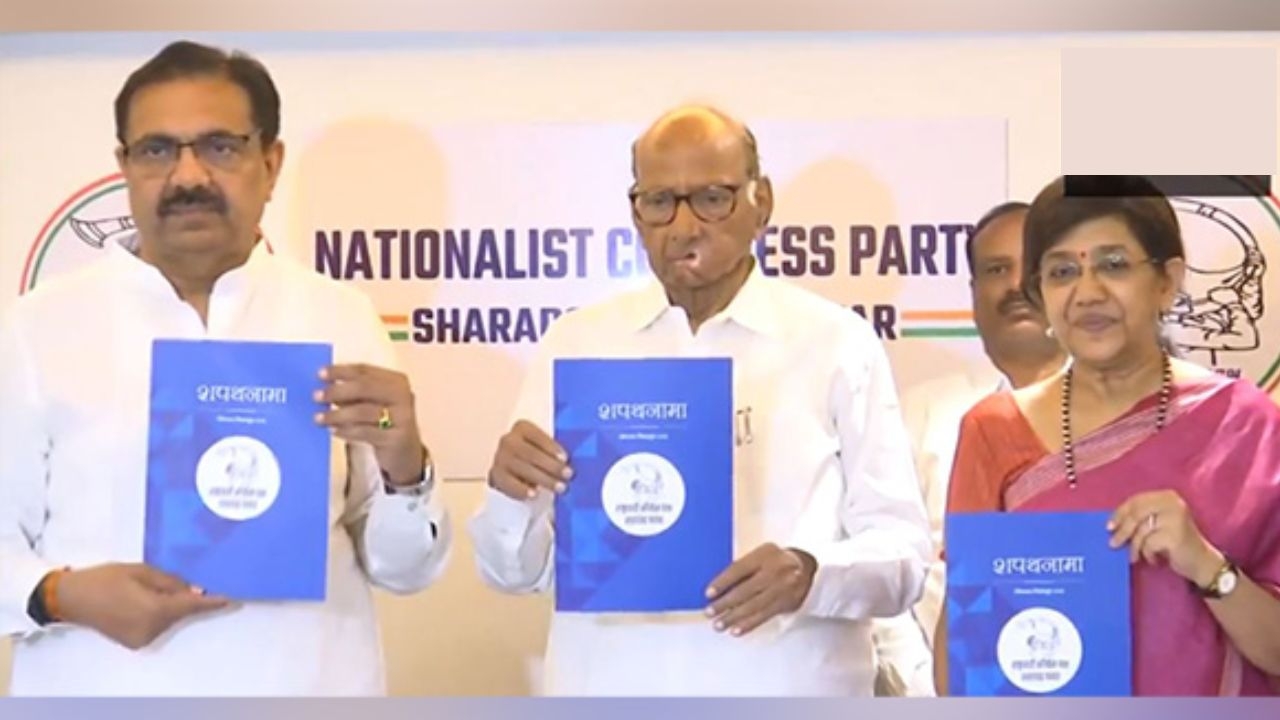Freedom of press is in peril. Rajdeo Ranjan's murder is proof

It seems such a long time ago. It was 2003. I had just arrived on the outskirts of Siwan after an arduous journey from Patna via Chhapra when I received a call.
"Sir, I am Rajdeo. I work as a reporter in Siwan," the caller introduced himself, and asked to meet met near Babunia road.
As I neared the designated place, I saw a slender young man on a motorbike waving my car down. He guided me through overcrowded roads to Patrakar Bhawan, where I was attending a workshop for journalists. He parked his bike outside Patrkakar Bhawan and greeted me politely.
Rajdeo was then a stringer with the Hindi daily Hindustan. But in the next few years, his diligence would see this reticent young man elevated to head the newspaper's local bureau.
On the evening of 13 May, Rajdeo was returning home from work when unidentified bike-borne assailants shot him dead. He was just 46.
No eyewitness has come forward so far. The police though have detained a local RJD leader, Upendra Singh, and some of his henchmen "on the basis of suspicion".
Read- Rajdeo Ranjan killing: for local MP, scribes, Shahabuddin is prime suspect
The modus operandi of the murder indicates it was meticulously planned, probably over months. Seasoned forensic experts suspect it was carried out by "professional killers". The circumstantial evidence suggests Rajdeo knew at least one of his killers; they had apparently engaged him in a conversation before shooting him. Clearly, they had come with the intent to kill. Although Rajdeo was felled by the first two-three bullets, the assailants shot him again, point blank, in the head, just to make sure.
Many of Rajdeo's colleagues insist that the murder is directly linked to his journalistic work, not least because there's no evidence of any other enmity. Indeed, the experienced journalist he was, Rajdeo made sure not to alienate people. But when it came to searching for facts and publishing his stories without bias, there was no compromise.
In the line of duty
Rajdeo tirelessly exposed the nexus between politicians and the mafia. Only recently, he prominently covered the meeting between RJD's minister Abdul Gafur and the jailed gangster-turned-politician Mohammed Shahabuddin in Siwan Jail.
Gafur tried to play down the meeting as a "courtesy visit". But the media, taking a cue from Rajdeo, and the opposition asked why a minister would extend "courtesy" to a notorious gangster who is serving a life sentence for murder. The controversy snowballed to the extent that Chief Minister Nitish Kumar had to transfer the superintendent of Siwan Jail.
Also read- Don's den: Shahabuddin may still rule Siwan, no matter who wins
It was but one of Rajdeo's newsbreaks that made headlines nationally. Most of these reports exposed the politician-criminal nexus, which offended many powerful people no end. In 2005, some goons had manhandled Rajdeo and his colleagues. But, according to his colleagues, he took it in his stride as a routine work hazard, and did not lodge a police complaint.
I knew Rajdeo as an upright journalist, and a polite, warm person. He had a measure of Siwan's pulse like no other reporter I know. Not many people are left in the fourth estate who are as jovial, honest and committed to the values of journalism as Rajdeo.
Rajdeo has left behind his wife and two children, a son and a daughter. His wife does a small-time job that hardly pays enough to raise the children. The family needs support from the state as well as the central government.
Initial investigations suggest the men detained in connection with Rajdeo's murder are part of Shahabuddin's gang. The probe is still on, and the police have raided several locations.
Politically, Rajdeo's murder has rung alarm bells for Nitish. Shahabuddin's association with Lalu Prasad is no secret. The gangster's wife Heena Shahab was fielded by Lalu as the RJD candidate from Siwan in the 2014 Lok Sabha election. She, however, lost to BJP's Om Prakash Yadav.
Five months ago, Om Prakash's press secretary Shrikant Bharti was gunned down. Rajdeo had followed the story with zeal. Indeed, it was his and other local reporters' coverage of the murder that had pressured the police to arrest the main accused, Upendra Singh. The RJD leader, who was recently freed on bail, has now been detained in connection with Rajdeo's murder. The police have not denied the possibility that two murders could be linked.
On dangerous ground
Rajdeo's murder has triggered protests in Bihar, Delhi and other parts of the country. Journalist associations as well as political parties have condemned it. In Bihar, mediapersons have increasingly expressed the fear that political patronage of criminals was making their difficult.
I know how they feel. I extensively reported on the crimes of Shahabuddin during my stint in Patna about a decade ago. Rajdeo's inputs were integral to my reportage. He always accompanied me whenever I went to report from Siwan.
Read more: 2 detained for journalist Rajdeo Ranjan's murder in Bihar
One day, Rajdeo said Shahabuddin wanted to meet me. I was not particularly keen to meet the gangster, but Rajdeo argued that Shahabuddin would blame him for not arranging the meeting. "The animosity of these people will make doing journalism difficult here," he said.
I agreed and, accompanied by the then Hindustan bureau chief, went to see Shahabuddin at the "White House", as the locals called his headquarters in Siwan. Our host was seated in a high-backed chair in a big hall. The scene resembled that of a court room. I was told Shahabuddin settled disputes among local people here. I was aghast to see this mockery of our judicial system.
Anyway, we were seated in a "VIP hall". After some time, Shahabuddin came in and asked, "What do you want to ask?" It was my first interview with the RJD strongman, and it created history as Shahabuddin lashed out at Lalu Prasad and the then police chief DP Ojha for their role in the fodder scam.
A few days later, Shahabuddin was arrested, and he has remained in Siwan Jail since. After some time, I decided to meet Shahabuddin in the jail. Rajdeo advised me against it, saying the RJD leader could incite the inmates to attack me since he believed he had been incarcerated because of the interview.
I went ahead regardless, and Rajdeo accompanied me. It was just this interview I realised how widespread Shahabuddin's crime network was.
Rajdeo's murder is another reminder of the perils journalists in small towns face every day. They are constantly under threat from local leaders, corrupt officials, contractors and criminals. The murder has reignited the debate on the necessity of a central law to protect journalists. Eliminating an honest journalist is often the easiest way for unscrupulous politicians and criminals to prevent their misdeeds from coming to light. The journalists are a soft target for such elements because they know that even a murder would be forgotten after a few days of hue and cry.
Reporters in small towns and their families are especially vulnerable as there is no mechanism for their protection. The independence of the media can't be safeguarded unless journalists feel secure doing their work. Owners of media houses, the editors guild and the press council must address this on priority. The debate over press freedom will be an exercise in futility unless and until journalists across the country get an assurance of safety and security.
Edited by Mehraj D. Lone
More in Catch:
Narendra Modi's Republic of Fear
These women aren't just rocking Cannes, but taking on fashion fundamentalists
Festering sore: new domicile policy turns Jharkhand into a tinderbox
India has worse polluted cities than Delhi, and you probably wouldn't know
First published: 16 May 2016, 18:58 IST
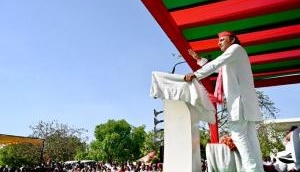
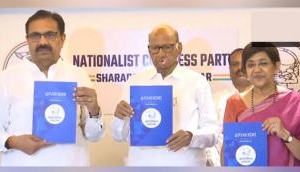
_251372_300x172.jpg)
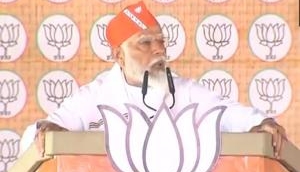
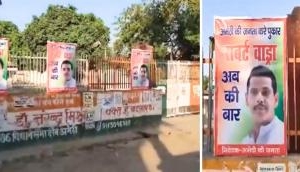
![BJP's Kapil Mishra recreates Shankar Mahadevan’s ‘Breathless’ song to highlight Delhi pollution [WATCH] BJP's Kapil Mishra recreates Shankar Mahadevan’s ‘Breathless’ song to highlight Delhi pollution [WATCH]](http://images.catchnews.com/upload/2022/11/03/kapil-mishra_240884_300x172.png)

![Anupam Kher shares pictures of his toned body on 67th birthday [MUST SEE] Anupam Kher shares pictures of his toned body on 67th birthday [MUST SEE]](http://images.catchnews.com/upload/2022/03/07/Anupam_kher_231145_300x172.jpg)


